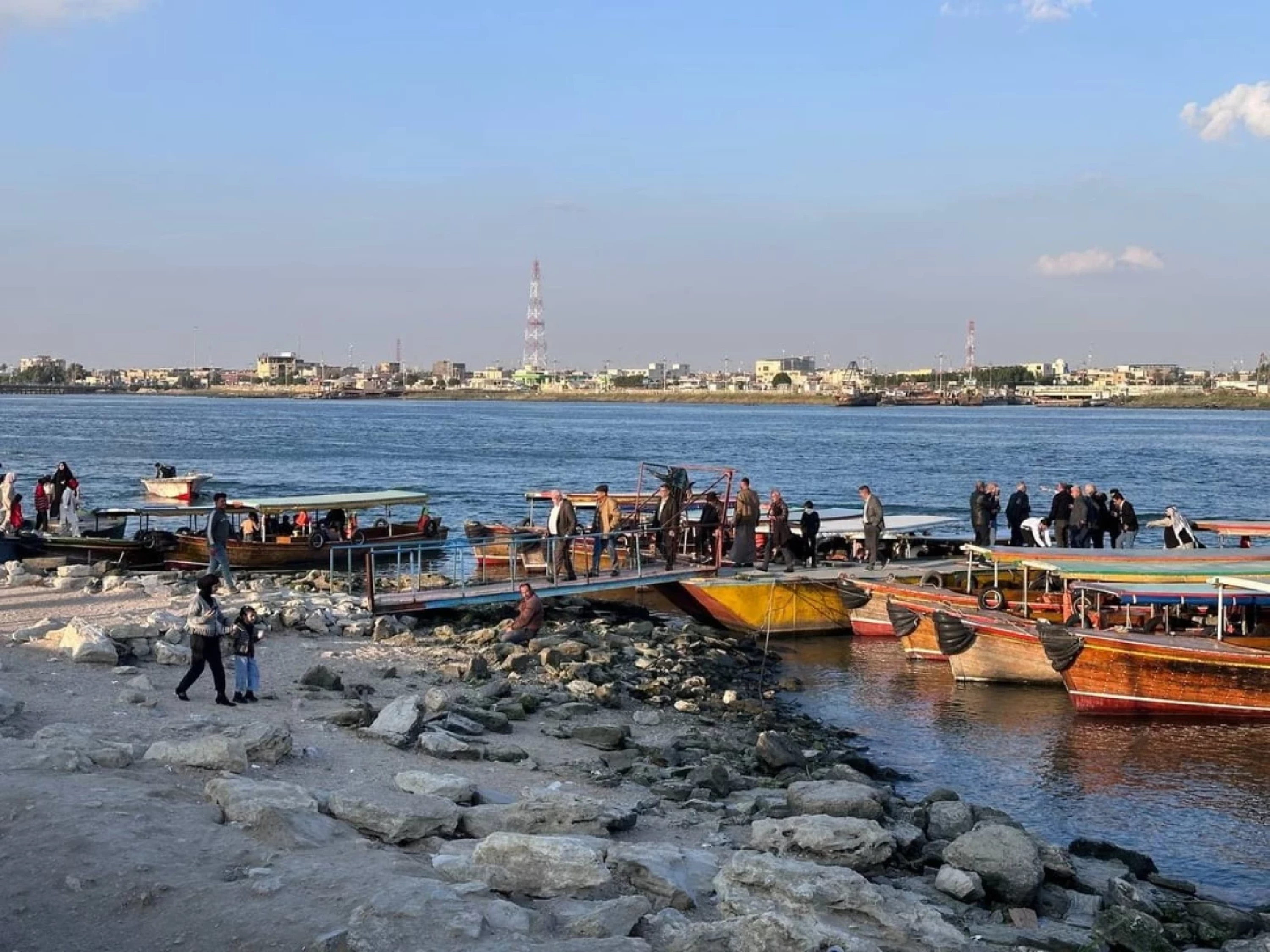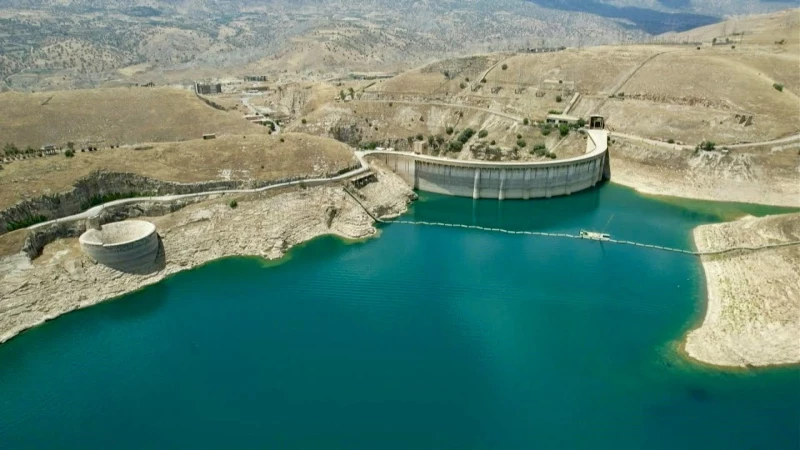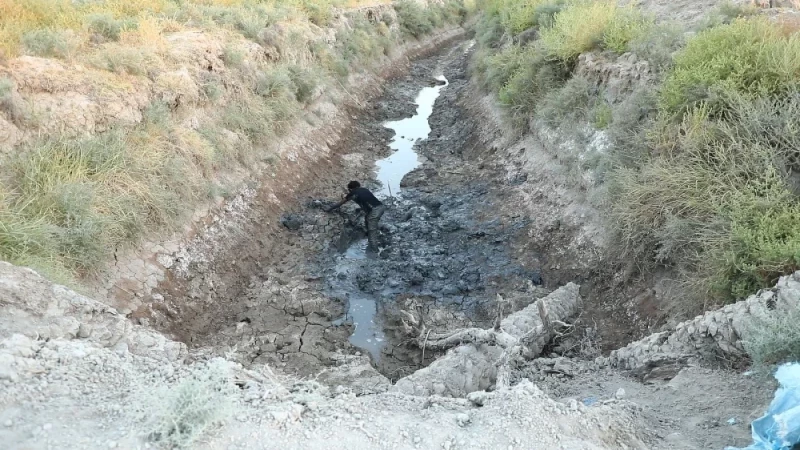ERBIL, Kurdistan Region of Iraq - Iraq’s water resources ministry warned on Monday that increasing saltwater intrusion in the Shatt al-Arab has begun to affect large parts of the southern Basra province, amid low water releases from upstream countries.
Ghazwan al-Sahlani, deputy head of the ministry’s irrigation and drainage projects branch, told the state al-Sabah newspaper that reduced water discharges toward the Tigris River and Basra “have caused the saltwater estuary to extend further inland, reaching al-Dair and central Basra.”
He added that the ministry is conducting “intensive diplomatic efforts” to pressure upstream Turkey and Iran to increase water releases, particularly from the Karun River, which plays a key role in maintaining the freshwater balance in southern Iraq.
The increasing infiltration of saltwater into Basra has prompted protests, with residents routinely expressing anger over the issue, saying the flow of saltwater has significantly degraded the quality of the province’s drinking water.
Sahlani also revealed that the ministry is preparing an advanced technical study to construct a barrier dam on the Shatt al-Arab as a long-term solution. The project will be carried out by a specialized consulting firm to analyze the river’s hydrological conditions.
He said the ministry continues to monitor the water situation daily to ensure Basra’s population remains supplied with safe drinking water, noting that the phenomenon poses serious environmental and public health challenges if left unaddressed.
In mid-October, protests erupted in Basra as residents took to the streets over worsening saltwater concentration in their water supply. Demonstrators blocked roads and burned tires, prompting police intervention and an investigation into the unrest.
A number of protesters were detained, and several security personnel were injured during the events.
Officials attribute the saltwater crisis to a decline in freshwater flows from the Tigris and Euphrates rivers.
Hospitals in the city have also reported an increasing number of skin rash cases, with medical officials and environmental activists saying the cases are likely linked to worsening water pollution and increasing salt levels in the region’s water supply.
Basra is facing one of the worst water crises in decades, driven by a sharp drop in water flowing downstream from the Tigris and Euphrates rivers, which have allowed saltwater from the Shatt al-Arab to extend deep into the city.



 Facebook
Facebook
 LinkedIn
LinkedIn
 Telegram
Telegram
 X
X


